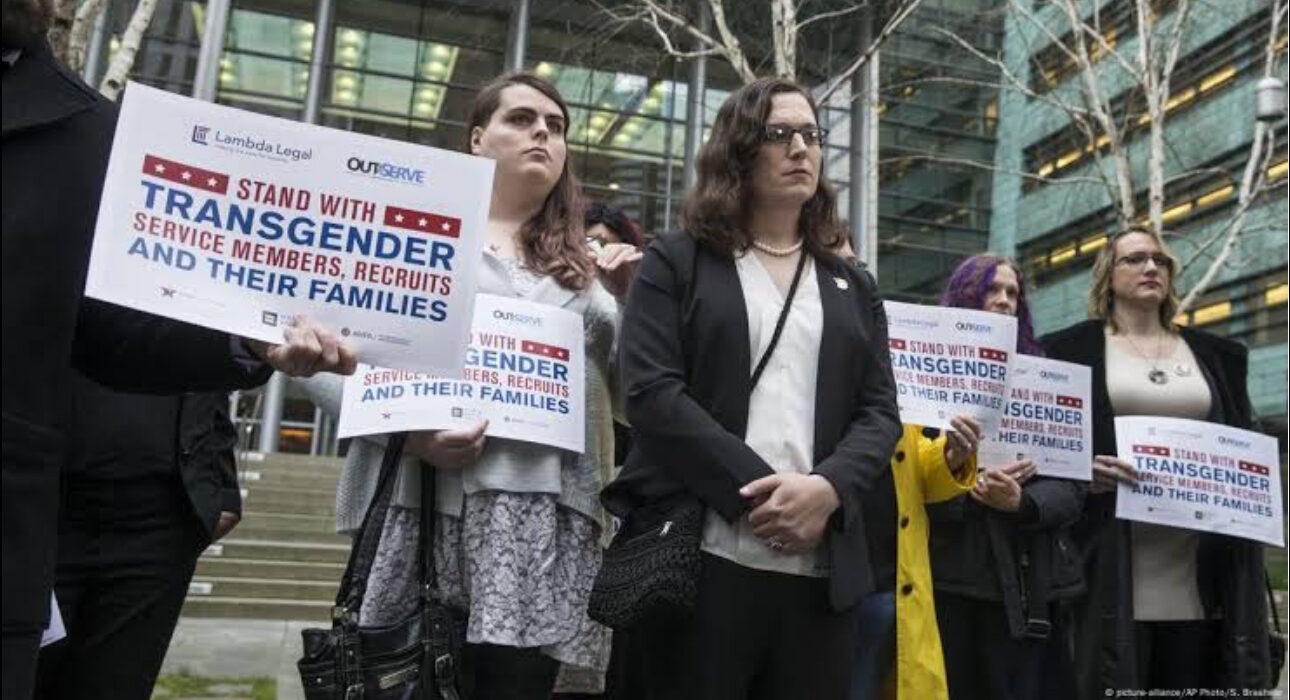U.S. Supreme Court Empowers Trump Administration to Enforce Ban on Transgender Military Service Members

The United States Supreme Court has cleared the way for the Trump administration to begin enforcing its ban on transgender individuals serving in the military.
The decision lifts prior injunctions from lower courts and allows the policy to take effect while legal challenges continue.
In a 6-3 decision, the Court’s conservative majority sided with the administration, allowing it to implement a policy first announced by former President Donald Trump in 2017 via Twitter.
The ruling effectively halts the participation of many transgender individuals in the military, both current and prospective service members, who would now be disqualified under the new guidelines.
The Court’s liberal justices—Sonia Sotomayor, Elena Kagan, and Ketanji Brown Jackson—dissented, arguing that the ban is discriminatory and should remain blocked as lawsuits proceed through the judicial system.
The transgender military ban was introduced by the Trump administration citing concerns over military readiness, unit cohesion, and medical costs related to gender transition treatments. The policy prohibits individuals with gender dysphoria from enlisting and requires service members to serve only in their biological sex.
Critics argue that the policy is discriminatory and not based on credible military assessments. They point to several studies, including a 2016 Department of Defense-commissioned report, which found that transgender individuals could serve openly with minimal impact on military effectiveness and at negligible cost.
Among the key legal cases challenging the ban is United States v. Shilling, involving Commander Emily Shilling, a decorated transgender naval officer with 19 years of service. The case, along with several others, alleges the policy violates the Equal Protection Clause of the U.S. Constitution.
Despite the Supreme Court’s decision to allow enforcement, the legal battles continue in the lower courts, which are still weighing the constitutionality of the policy.
LGBTQ+ rights organizations, including the Human Rights Campaign and Lambda Legal, have condemned the ruling. In a joint statement, they described the decision as “a grave injustice that permits the government to discriminate against brave Americans willing to serve their country.”
“This decision is not just a setback for transgender rights, but for military values of honor, service, and inclusion,” said Alphonso David, president of the Human Rights Campaign.
Meanwhile, the Trump administration and its supporters hailed the ruling as a victory for national security and military discipline.
“This policy is about ensuring the focus of the military remains on readiness and mission effectiveness,” a Defense Department spokesperson stated.
With the Supreme Court allowing the ban to take effect, transgender individuals may now face discharge or disqualification from service unless they conform to the military’s definition of their biological sex. The Defense Department has not yet issued new guidance on how the policy will be implemented across all branches.
The ruling has reignited debate on the role of identity in military service, and its long-term implications could set a precedent for how the U.S. government handles civil rights for transgender Americans in other federal institutions.







